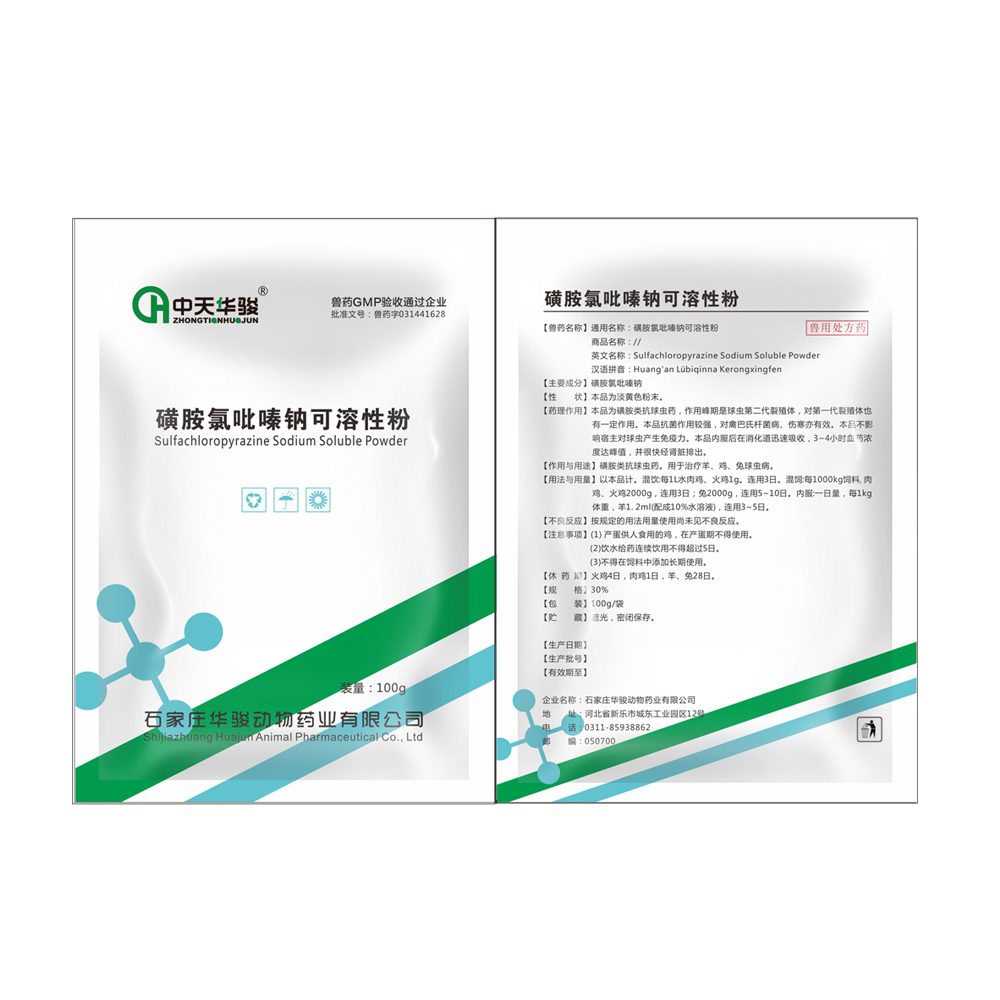
Aug . 05, 2024 11:37 Back to list
Exploring the Use of Albendazole for Treating Canine Health Issues in China
Albendazole for Dogs A Comprehensive Overview
Albendazole is a broad-spectrum anthelmintic (anti-parasitic) medication widely used in both human and veterinary medicine. It is particularly effective against a variety of parasites, including roundworms, hookworms, and tapeworms. Its application in veterinary medicine has garnered interest, especially among dog owners concerned about parasite infestations. This article aims to provide a thorough understanding of albendazole, its uses, dosages, and potential side effects when administered to dogs.
What is Albendazole?
Albendazole is a member of the benzimidazole class of drugs, which function by inhibiting the polymerization of tubulin into microtubules in nematodes and other parasites. This interference disrupts their cellular transport mechanisms, leading to the death of the parasites. Although albendazole is predominantly used in humans to treat various parasitic infections, its use in veterinary practice has become common, especially in treating dogs afflicted by intestinal parasites.
Uses in Dogs
In dogs, albendazole is primarily used to treat infections caused by a variety of helminths (worms). This includes not only common intestinal parasites like roundworms and hookworms but also more resistant types such as whipworms. Vets may also recommend albendazole for the treatment of certain protozoal infections, such as Giardia, although its use for this purpose is less frequent. Its ability to address multiple types of parasites makes it a valuable tool in maintaining the health of dogs, particularly those in areas with higher rates of parasitic infections.
Dosage and Administration
china albendazole for dogs

Administering albendazole to dogs requires professional guidance from a veterinarian. The dosage typically depends on the dog’s weight, overall health, and specific type of infection being treated. In general, the recommended dosage is around 25-50 mg/kg of body weight administered once daily for 3 to 5 days. It is crucial for dog owners not to self-prescribe this medication, as improper dosages can lead to ineffective treatment or unintended health complications.
Albendazole usually comes in tablet form, which can be given directly or mixed with food for easier administration. As with any medication, it is important to follow the veterinarian's instructions closely to ensure the safety and well-being of the dog.
Potential Side Effects
While albendazole is generally well-tolerated by most dogs, it may cause some side effects in certain individuals. Common side effects include gastrointestinal issues such as vomiting or diarrhea. More serious side effects may occur, such as bone marrow suppression, particularly if the dog receives a higher dose than recommended or if it has underlying health issues. Thus, regular veterinary check-ups and monitoring are essential during and after treatment.
Conclusion
Albendazole is a critical medication in the fight against parasitic infections in dogs. Its broad-spectrum efficacy makes it a go-to option for veterinarians dealing with various helminth infections. However, it is essential for dog owners to work closely with their veterinarians when using this medication to ensure the safety and health of their pets. Regular deworming and preventative care contribute significantly to maintaining a dog's overall health and can prevent potential infestations from occurring in the first place. By understanding and managing the use of albendazole, pet owners can play an active role in keeping their furry companions healthy and free from parasites.
-
Acute Salpingitis and Oophoritis AI Factory
NewsJul.31,2025
-
Premium China Bacillus Subtilis Supplier & Factory Solutions
NewsJul.30,2025
-
Premium Avermectin Supplier in China | Custom Solutions Available
NewsJul.29,2025
-
China Bacillus Subtilis Supplier - Custom Factory Solutions
NewsJul.29,2025
-
China Salivation: Leading Custom Salivation Supplier & Factory Solutions
NewsJul.29,2025
-
Leading Lincomycin Hydrochloride Manufacturer & Supplier with High Purity
NewsJul.29,2025




